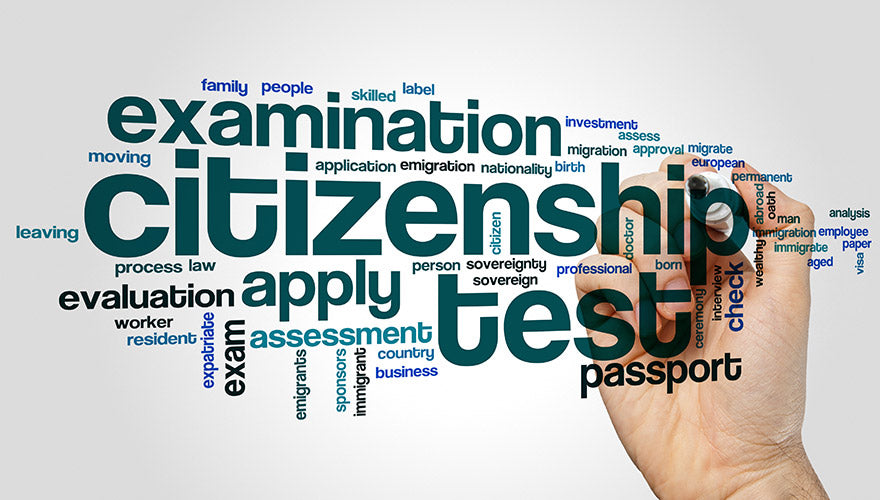In September 2023, the Australian Government announced the development of a business case for a National Skills Passport alongside the release of the Employment White Paper. Additionally, the Department of Education has been working on a National Microcredentials Framework to standardise and recognise short courses across the tertiary education sector. However, the absence of funding in the forward estimates for either the National Skills Passport (DEWR) or the National Microcredentials Marketplace (DOE) raises concerns about the future of these initiatives. This article explores the background, stakeholder consultation, implications, and key documents related to these projects.
Background
National Skills Passport
The National Skills Passport aims to create a seamless and integrated digital system where individuals can view and share evidence of their skills and qualifications. This initiative is designed to:
- Support Education and Employment Decisions: Help workers promote their qualifications and facilitate upskilling and reskilling.
- Enhance Recruitment Processes: Aid businesses in finding staff with the right skills.
- Integrate Services: Connect with other relevant services to simplify processes for employers, employees, and jobseekers.
National Microcredentials Framework
The Department of Education has been consulting with the tertiary sector to develop the National Microcredentials Framework, which aims to:
- Clarify Value and Recognition: Provide clarity and understanding of the value and recognition of microcredentials within the tertiary sector and among learners.
- Encourage Consistency: Promote transparency, consistency, and objectivity in credit recognition arrangements and portability of microcredentials.
The Microcredentials Marketplace, announced as part of the 2020-21 Job-Ready Graduates Package with a funding of $4.2 million, aims to create a platform for students to compare short course offerings and credit point value.
Stakeholder Consultation
Extensive consultations have been conducted with various stakeholders, including:
- Learners: Understanding their needs and expectations regarding short courses and microcredentials.
- Higher Education Providers: Gathering insights on the implementation and recognition of microcredentials.
- Employers: Identifying the skills required and how microcredentials can meet these demands.
Implications
Lack of Funding
The absence of funding in forward estimates for both the National Skills Passport and the National Microcredentials Marketplace poses significant challenges:
- Project Delays: Without funding, the development and implementation of these initiatives may be delayed.
- Inconsistency in Microcredentials: The lack of a clear framework and national platform may lead to inconsistencies in how microcredentials are defined and recognized across different states and providers.
- Missed Opportunities: The potential benefits of these initiatives in supporting education, employment, and economic growth may not be fully realised.
Need for Clear Guidelines
The need for a National Microcredentials Framework is critical to avoid embedding inconsistencies in how microcredentials are developed and recognised. Guidelines should align with the Australian Qualifications Framework Review 2019, which recommended the establishment of clear and consistent standards for microcredentials.
Key Documents
- Employment White Paper: Provides the overarching framework and rationale for the National Skills Passport.
- National Microcredentials Framework: Released in March 2022, this document outlines the standards and guidelines for microcredentials.
- Job-Ready Graduates Package: Announced in 2020-21, this package includes the funding for the Microcredentials Marketplace.
Challenges and Solutions
Challenge: Unmanaged Growth and Integrity Issues
Solution: Strengthen oversight and regulatory mechanisms to ensure managed growth and maintain the integrity of the education sector. This includes regular audits, feedback loops, and stakeholder engagement.
Challenge: Social Licence and Public Perception
Solution: Enhance public communication strategies to emphasise the positive contributions of international students and microcredentials to the economy and society. Address misconceptions through evidence-based narratives and success stories.
Challenge: Lack of Funding and Policy Support
Solution: Advocate for renewed funding and policy support by demonstrating the economic and social benefits of the National Skills Passport and Microcredentials Marketplace. Engage with policymakers, industry leaders, and educational institutions to build a strong case for investment.
Conclusion
The proposed National Skills Passport and National Microcredentials Marketplace have the potential to transform education and employment in Australia by providing clear, consistent, and accessible pathways for skills recognition and development. However, the lack of funding and the need for clear guidelines pose significant challenges. It is crucial for the government, educational institutions, and industry stakeholders to collaborate and advocate for the necessary resources and support to realise the full potential of these initiatives. By addressing these challenges, Australia can strengthen its education system, support workforce development, and enhance its global competitiveness.


































